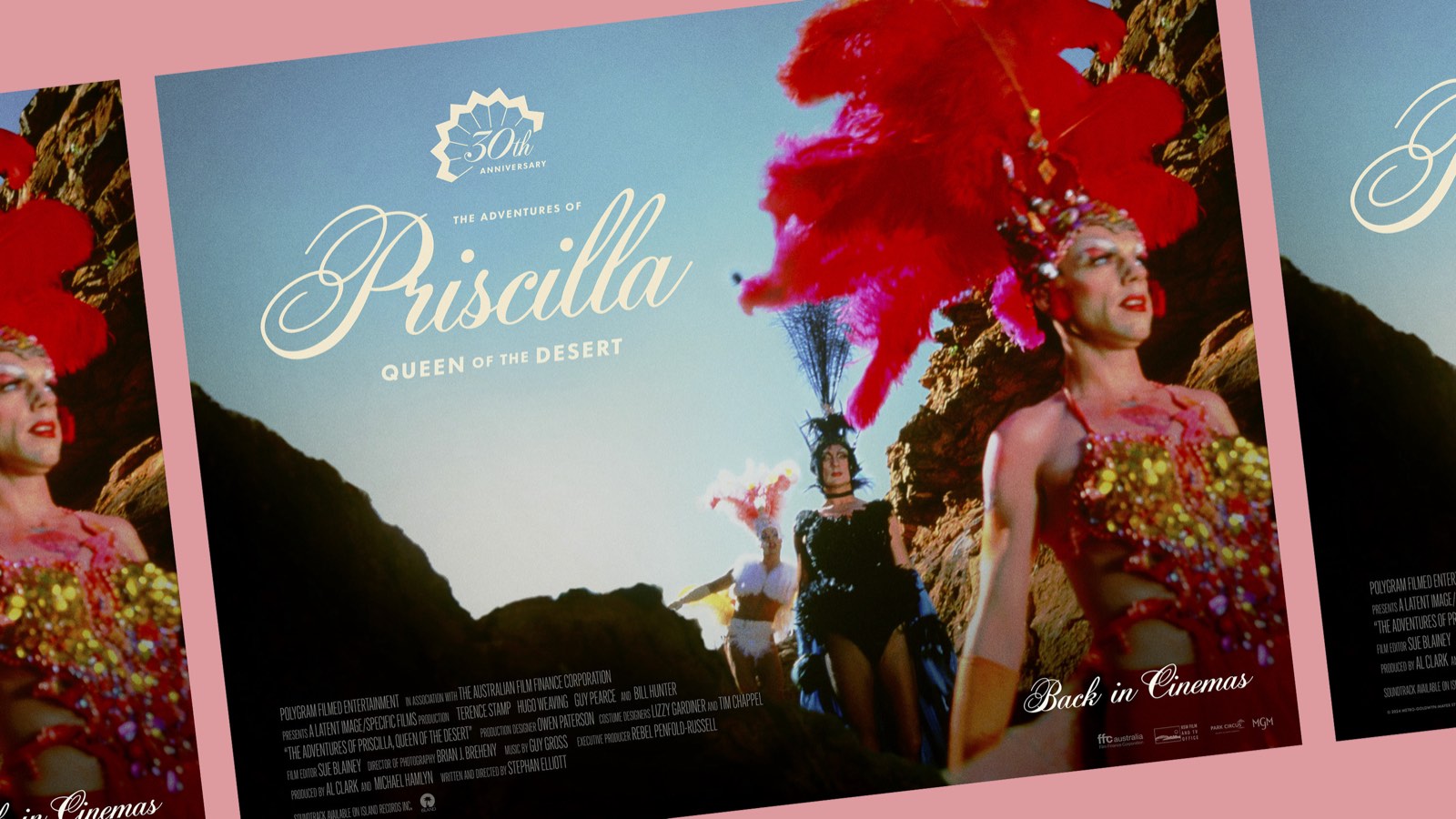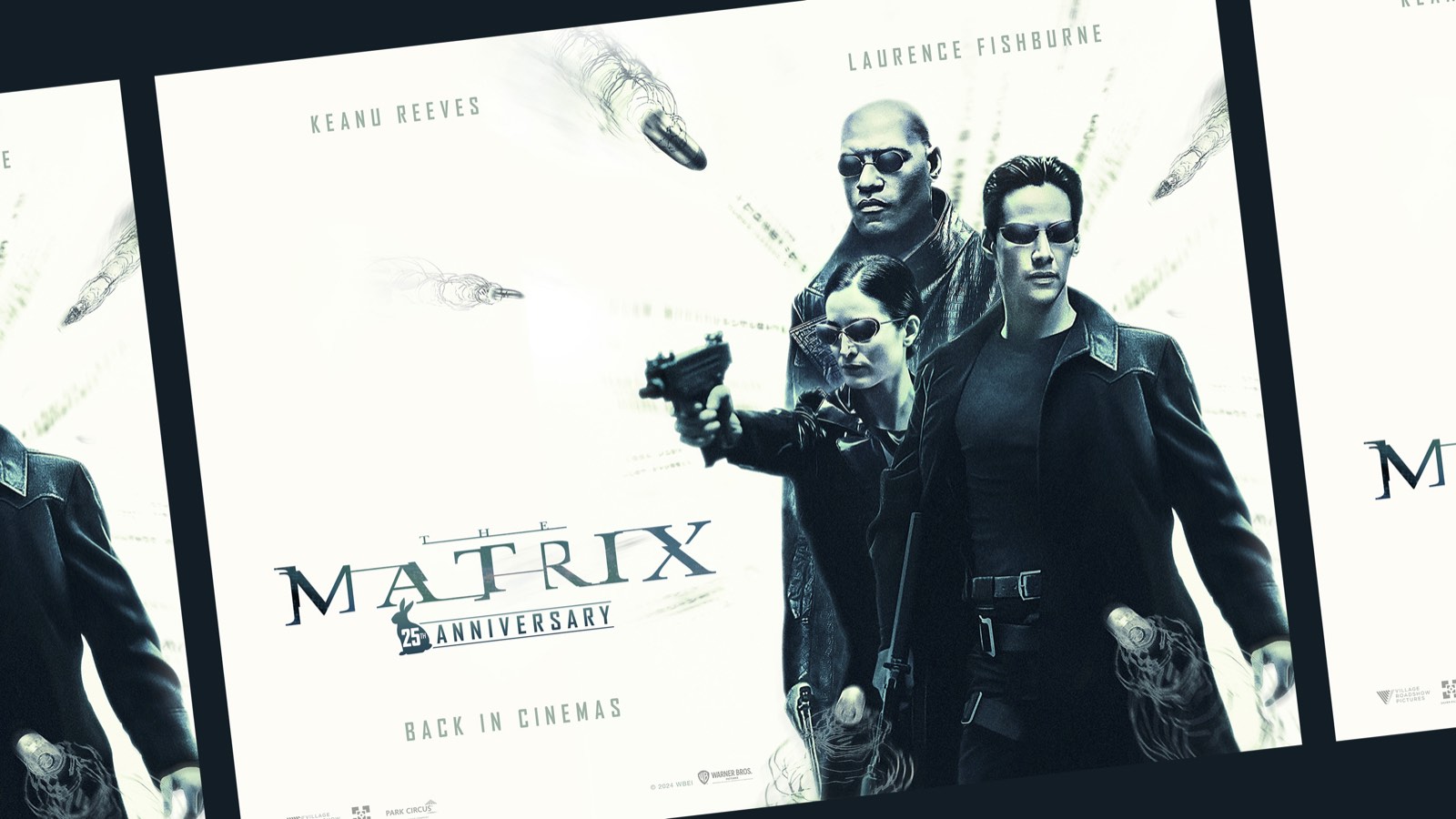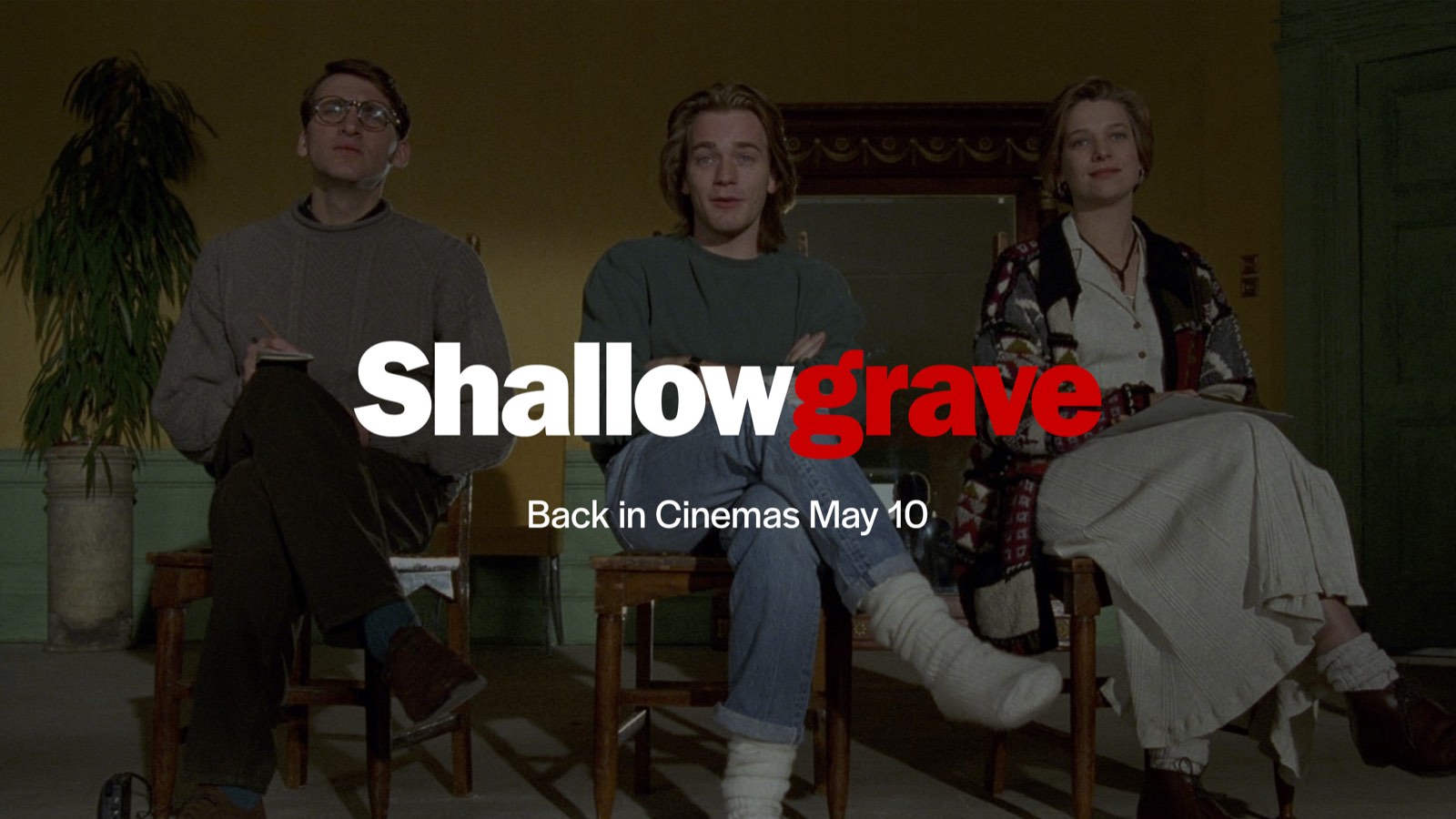
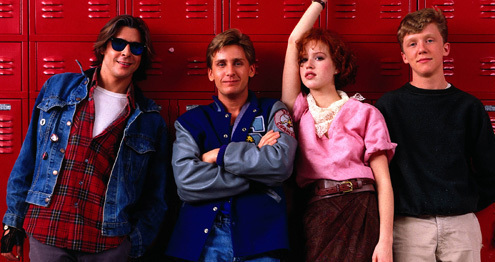
With our I ♥ John Hughes season set to hit cinemas around the world from late summer onwards, we're taking a closer look at the crowd-pleasing classics that make up the touring programme.
Enter the court of the king of teen comedy. Meet the class of 2017.
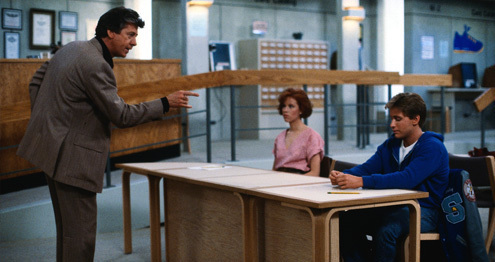
The Breakfast Club
Hughes' best remembered and most referenced film, The Breakfast Club looms large over every teen movie that followed. What's perhaps most remarkable about this genre archetype, therefore, is how skilfully it manages the tropes and clichés of the form; playing with recognisable situations and narratives, but never descending into pastiche.
The story of a group of ill-matched classmates forced together during Saturday detention, The Breakfast Club is crafted with chamber drama simplicity and populated by deliberately archetypal characters. But Hughes combines these minimal elements to create a sum greater than its parts. Coaxing powerful performances out of his ensemble of young stars, he fleshes out the stereotypes and imbues his protagonists with an authenticity and relatability that makes they much more than simply a brain, an athlete, a basket case, a princess or a criminal.
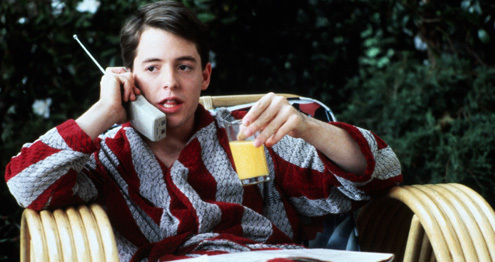
Ferris Bueller's Day Off
Ferris Bueller's Day Off, the last of Hughes' peak teen movie output, first hit cinemas in 1986. By then, the filmmaker had already proved himself adept at capturing the intimate details of adolescent experience and the minor trials that have a major impact on teenagers' formative years.
For his tale of one man's struggle to take it easy, his scope was larger, his interest had shifted towards wish fulfilment and aspects of his style bordered on the fantastical - what better way to signal this change in intent than a show-stopping musical number? Further evidence of Hughes' formal invention can be seen in the bold use of direct address as Ferris narrates his own exploits; the filmmaker was no longer speaking for his young audiences, he was speaking to them.
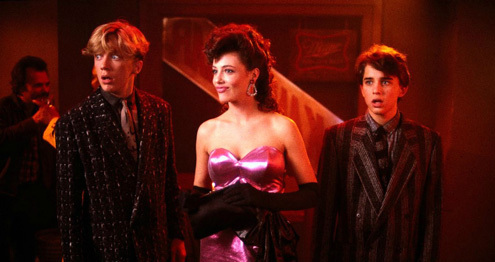
Weird Science
Wish fulfilment features strongly in Weird Science too - but Gary and Wyatt, two social outcasts who get in over their heads after they create their perfect woman and find themselves the centre of attention, don't quite have the poise to carry off their plans with the same ease as the smoother-than-smooth Ferris.
A comic book adaptation that mixes sci-fi with teen comedy and whose goofier side owes a debt to Hughes' work with National Lampoon, Weird Science can be a difficult title to place neatly in the filmmaker's oeuvre. Its developed something of a cult following, though, for its pulpy edge, refreshed take on familiar formulas and choice early appearances from the likes of Robert Downey Jr. and Bill Paxton.
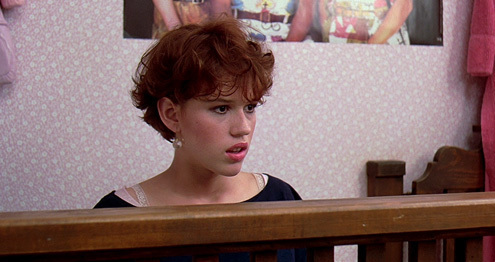
Sixteen Candles
Hughes' directorial debut, and his first foray into teen movie territory, was 1984's Sixteen Candles. This project marked the beginning of a fruitful collaboration with Molly Ringwald; an actress whose name would become as synonymous with the genre as Hughes' own. Co-star Anthony Michael Hall - who would also appear in numerous Hughes efforts - had started his relationship with the filmmaker a year earlier, appearing in the Hughes-penned road comedy National Lampoon's Vacation.
The film's dysfunctional family dynamic played for laughs again echoes Hughes' work on Lampoon, but elsewhere it's clear that an original talent is emerging. Sixteen Candles remains an important film in Hughes' maturation and a strong opening gambit in his claim to teen movie royalty.
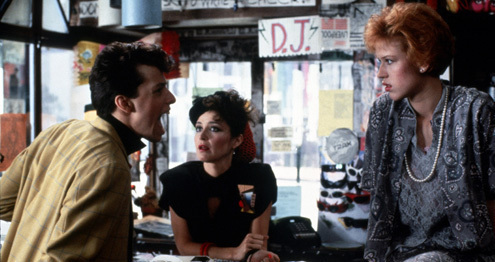
Pretty in Pink
Pretty in Pink sees the return of Molly Ringwald as a young woman caught between potential suitors and faced with the crisis of a school dance. But Hughes' second iteration of these well-worn tropes in just a few short years shows the range of narratives the filmmaker could wrangle from the everyday travails of teenage life.
This time around, his characters have greater agency, the dual pressures of schoolyard politics and class snobbery are more acutely felt and even the adults get more of a look-in, with the perennially crestfallen Harry Dean Stanton making an appearance as Ringwald's down on his luck father.
Read more about our I ♥ John Hughes season


